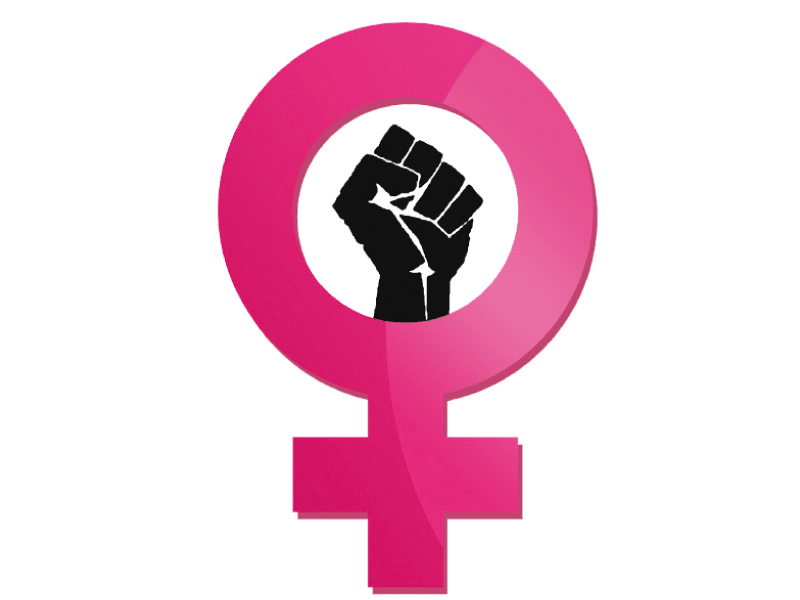
“The notion of peace is full of paradoxes... when we say there is no justice in the world, it is because there is no justice for differences,” Dalia Staponkute from Lithuania, a member of the International Board of Writers and Translators, told the International Conference on Peace on Monday.
Staponkute said peace was the hardest word to define, presenting a paper entitled Between Peace, Womanhood and Fear.
Staponkute said she believed that women were diogenic.
“Thinking for two, for more, for family... the ego of a woman is not as strong as a man’s. This enables her to achieve more socially.”
She said as mothers women were clearly the best accountants of what was lost in war. “Mothers of Sparta in ancient Greece advised their sons before a battle: fight with dignity, protect the weak, and, most importantly watch your back,” she said.

Staponkute said Lithuania had been a crossroad of wars over the last century. “Russians came and left, Germans came and left... It was eventually taken over by the Russians and became a part of the Soviet Union.”
She said the Lithuanians had only a handful of people compared to millions of Red Army soldiers.
“Some Lithuanian men withdrew to forests and launched a partisan war… that went on for 20 years, eventually they were either killed, or they escaped to the West.”
What did the women do?
Staponkute said, “It was a terrible time... my grandmother used to say, you might have three visits a night – the Reds knock at your door and ask for vodka, the Germans come to check that you don’t shelter their enemies at homes, the partisans come for food.”
She said her grandmother’s contribution to peace were these rules: never refuse hospitality even if you consider men enemies, never ask for any favours and hide as much food as possible.
She said “sometimes” fear contributed to peace. “It makes us avoid the fight by any means, to withdraw from it... by withdrawing from it we make the other side to think of peace too,” she said.
She said there was nothing wrong with promoting the philosophy of the weak and coward.
“We are week and cowardly… But as long as this fear becomes strategy, it is fine.” She said fear could lead to strange decisions.
She said the absence of women from formal peace negotiations had resulted in a gap between the aspirations of global and regional commitments and the reality of peace processes more than a decade after the United Nations Security Council (UNSC) Resolution 1325 (2000) was adopted.
The resolution mandates that women participate in the making and keeping of peace. “The adoption of the policy is a testament to the recognition of women’s contribution around the world,” she added.
A resolution called the Lahore Declaration prepared by Pran Nevile, Dr Deepak Manmohan, Dr Vanita Manchanda, Asad Mufti, Naresh Nadeem, S Swar and Dr Abdaal Bela was adopted at the end of the session.
Among other things, it called for frequent exchanges of writers, intellectuals and artists to attain peace between India and Pakistan, abolition of visas, rewriting of history textbooks, elementary education in Punjabi, and translations from Punjabi literature.
Published in The Express Tribune, December 24th, 2013.






























1713853507-0/MalalaHilary-(2)1713853507-0-270x192.webp)







COMMENTS
Comments are moderated and generally will be posted if they are on-topic and not abusive.
For more information, please see our Comments FAQ